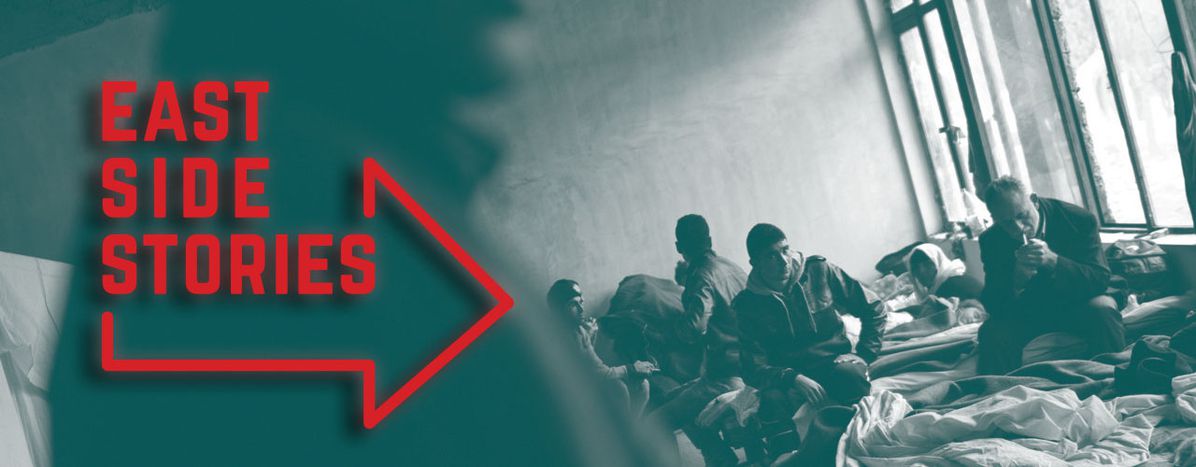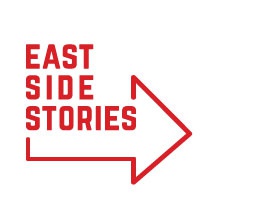
Bulgaria: A ricocheted bullet and the refugee crisis
Published on
A deadly shot echoed worldwide and showed the lack of strategy and political will in Bulgaria to deal with the refugee crisis. At the same time, the EU's expectancy that eastern states take in ever increasing numbers of refugees is, in this author's opinion, its own political ricochet.
The tragic death of an Afghan refugee in Bulgaria has raised a lot of questions in the last few weeks. What is known for sure is that a Bulgarian border patrol came across a group of around 50 refugees near the southern town of Sredetz – 30 kilometres away from the Bulgarian-Turkish border. According to officials some members of the group resisted arrest (the Ministry of the Interior first claimed and later denied that the group was also heavily armed and aggressive), which provoked one of the guards to fire a warning shot. The bullet ricocheted on a bridge, with one of the refugees suffering a gunshot wound and later dying en route to the hospital.
The lack of details raised a series of questions concerning border safety and how seriously this investigation was conducted. Bulgarian officials instead chose to focus on their pride in having such advanced border protection. Even so, there are claims that the protection system was inactive the day of the incident, whether it was due to a technical problem or something else is not clear. Therefore, is the Bulgarian government right to argue that the country fulfills all of Schengen's rules for EU border protection?
Aside from the tragedy, the inadequate media and public reaction was even more disturbing. It included headlines such as: “No tears for killed Afghani immigrant.” Instead of a strong appeal for a transparent investigation, a petition to award the border policemen with the highest honors was launched. The majority of people consider him a hero; anyone with an opposing view is often accused of treason or a lack of patriotism.
Both the UNHCR as well as the Council of Europe Secretary General Thorbjørn Jagland reminded Sofia of its responsibilities under the European Convention on Human Rights. However, this was widely dismissed by far right nationalists, who called it “Western manipulation” that would allow Sofia to continue quietly and obediently collaborating while keeping its doors wide open for refugees.
How open are they really?
The refugee trafficking “business” is a lucrative one, with many powerful Bulgarian networks already involved. Another important “stakeholder” in this process is often conveniently ignored - the police. According to a recent investigation by the national network bTV, some members of law enforcement play a key role. One skillful trafficker explained the scheme - a blind eye and a wave-through for a van full of illegal immigrants from Sofia to the Serbian border costs €200 per police patrol.
Other mechanisms to discourage refugees from staying in Bulgaria too long include poor conditions in the refugee camps and the lack of effective integration programs. Let’s not forget that Bulgaria is the poorest EU member state and currently hosts over 13,000 illegal immigrants from Syria, Iraq and Afghanistan.
This goes some way to accounting for the strong anti-immigrant sentiments from the majority of Bulgarians; they worry it will overwhelm their already fragile economy and weaken national culture. Even the Orthodox Church called for a halt on accepting Muslim refugees in order to prevent an “invasion”. In fact, Bulgaria was one of the first EU member states to install a fence at its border, long before the Hungarian prime minister Victor Orban made his wall idea public. A 30 kilometre long fence was installed along the Turkish border only last year, along with 2000 additional border guards.
Investigating the rise in xenophobia
Why is there such a vehement rise in xenophobia towards refugees in Eastern Europe? This seems quite a paradox when millions of Eastern Europeans have been moving to the West in search for a better life. What gives those who remained at home the right to describe Middle Eastern refugees as “invaders” who want to “conquer Europe”?
It wouldn’t be fair to lay the blame entirely on them when the trigger is really the chaotic und unbalanced EU position. The lack of solidarity, coherent policy and real assistance from Brussels has been repeatedly demonstrated during past EU summits, usually ending with a sense of “we agree to disagree” and the western appeal to “just keep them over there”.
We are facing a very serious moral crisis in Europe today; a ricocheted bullet killed a man, but are we also witnessing a political ricochet? The wealthy member states are asking their Eastern partners to show the kind of solidarity they themselves are not willing to offer. No wonder the latter is refusing. It might not be long before the student becomes the master.
---




